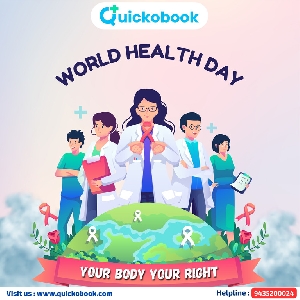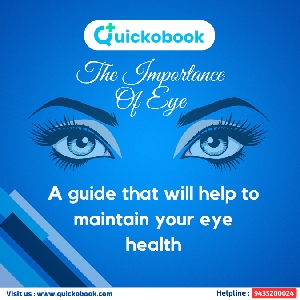Dehydration: Symptoms, Causes, Treatment, Prevention
Dehydration occurs when more water and fluids leave the body than enter it. Even low levels of dehydration can cause headaches, lethargy, and constipation. Although water is constantly lost throughout the day as we breathe, sweat, urinate, and defecate, we can replenish the water in our body by drinking fluids. The body can also move water around to areas where it is needed most if dehydration begins to occur.
A sophisticated water management system keeps our water levels balanced, and our thirst mechanism tells us when we need to increase fluid intake. The human body is roughly 75 percent water. Without this water, it cannot survive. Water is found inside cells, within blood vessels, and between cells.
Most occurrences of dehydration can be easily reversed by increasing fluid intake, but severe cases of dehydration require immediate medical attention.
Symptoms
The first symptoms of dehydration include thirst, darker urine, and decreased urine production. In fact, urine colour is the best indicators of a person’s hydration level. Clear urine means you are well hydrated and darker urine means you are dehydrated.
As the condition progresses to moderate dehydration, symptoms include:
- dry mouth
- lethargy
- weakness in muscles
- headache
- dizziness
Severe dehydration (loss of 10-15 percent of the body’s water) may be characterized by extreme versions of the symptoms above as well as:
- lack of sweating
- sunken eyes
- shrivelled and dry skin
- low blood pressure
- increased heart rate
- fever
- delirium
- unconsciousness
Symptoms in kids:
- in babies – a sunken fontanel (soft spot on the top of the head)
- dry tongue and mouth
- irritable
- no tears when crying
- sunken cheeks and/or eyes
- no wet diaper for 3 or more hours
Causes
The basic causes of dehydration are not taking in enough water, losing too much water, or a combination of both.
Sometimes, it is not possible to consume enough fluids because of our hectic schedule, lack the facilities or strength to drink, or are in an area without potable water (while hiking or camping, for example). Additional causes of dehydration include Diarrhoea, Vomiting, Sweating, Diabetes, Frequent urination, Burns.
Treatments
Dehydration must be treated by replenishing the fluid level in the body. This can be done by consuming clear fluids such as water, clear broths, frozen water or ice pops, or sports drinks (such as Gatorade).
Some dehydration patients, however, will require intravenous fluids in order to rehydrate. People who are dehydrated should avoid drinks containing caffeine such as coffee, tea, and sodas.
Underlying conditions that are causing dehydration should also be treated with the appropriate medication. This may include medication available to purchase over-the-counter or online, such as anti-diarrhoea medicines, anti-emetics (stop vomiting), and anti-fever medicines.
Prevention
Prevention is really the most important treatment for dehydration.
Consuming plenty of fluids and foods that have high water content (such as fruits and vegetables) should be enough for most people to prevent dehydration.
People should be cautious about doing activities during extreme heat or the hottest part of the day, and anyone who is exercising should make replenishing fluids a priority.
Since the elderly and very young are most at risk of being dehydrated, special attention should be given to them to make sure they are receiving enough fluids.











 Play Store
Play Store
Comments (0)
No Comments.